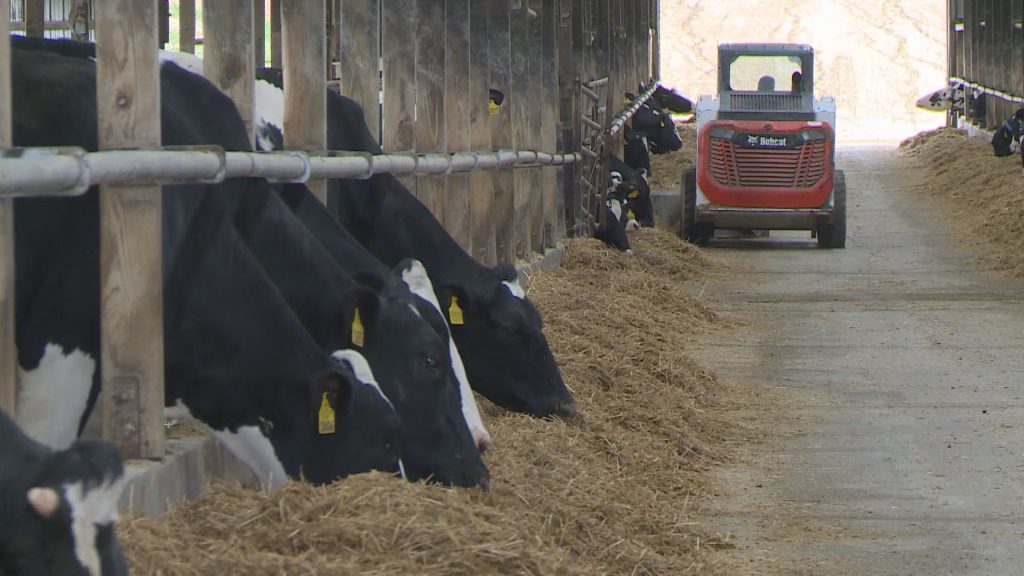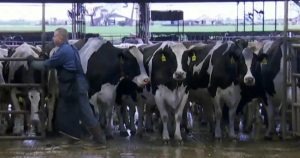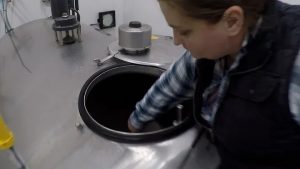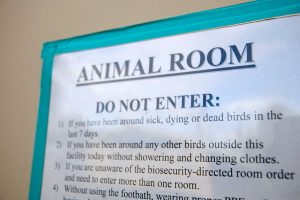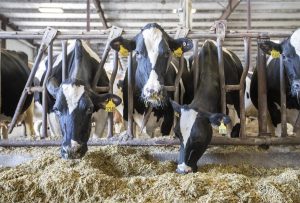
As a new strain of bird flu makes its way through Michigan, state officials gave lawmakers an update on what’s being done to control the spread. State agriculture leaders told lawmakers that they’re still working to figure out how the flu is spreading through dairy and poultry farms.
A new strain of the disease was detected in Michigan dairy cows back in April. Since then, 11 other states have also identified cases of the disease in their cattle.
Bird flu has been detected in 11 counties in the middle and western portions of the state. Isabella County reported their first case in April, Ingham County in May and Clinton County most recently reported a case Jun. 7.
The Centers for Disease Control and Prevention (CDC) says two human cases of the bird flu have been identified in Michigan. Both cases involve farm workers with direct exposure to infected cows.
“There’s still so much we don’t know. We need to operate under the auspice that every farm is positive,” Boring admitted.
Bird flu can spread between herds, but Michigan’s state Veterinarian, Dr. Nora Wineland, pointed out that some affected farms weren’t accepting cattle at the time of their outbreak. This has put the state’s focus on the virus possibly spreading through farms sharing workers or equipment.
“There has not been the proverbial smoking gun that’s been able to be detected on any of these farms,” Dr. Wineland stated.
“Outcomes that cattle have immediately, obviously, is the decrease in milk production. And some don’t come back to the former level of production that they were at. Some then end up being culled because of that,” Dr. Wineland explained.
The Michigan Allied Poultry Industries sent a letter to lawmakers ahead of Wednesday’s committee meeting criticizing how the state has handled the virus. Of the 87 herds that have been infected in 12 total states, nearly 30 percent of the cases are in Michigan. In their letter to lawmakers, they asked the state to place a quarantine on an affected dairy herd for 30 days and limit the movement of animals and products at farms.
Boring told lawmakers they are stepping up efforts with over 200 MDARD staff members working with the Federal Emergency Management Agency (FEMA) to depopulate infected flocks and herds and get facilities disinfected and back up and running as quickly as possible. He said they are also developing new biosecurity measures that would create record keeping, designate a secure area on a farm, and establish best cleaning and disinfection practices.
You can now read the most important #news on #eDairyNews #Whatsapp channels!!!
🇺🇸 eDairy News INGLÊS: https://whatsapp.com/channel/0029VaKsjzGDTkJyIN6hcP1K
